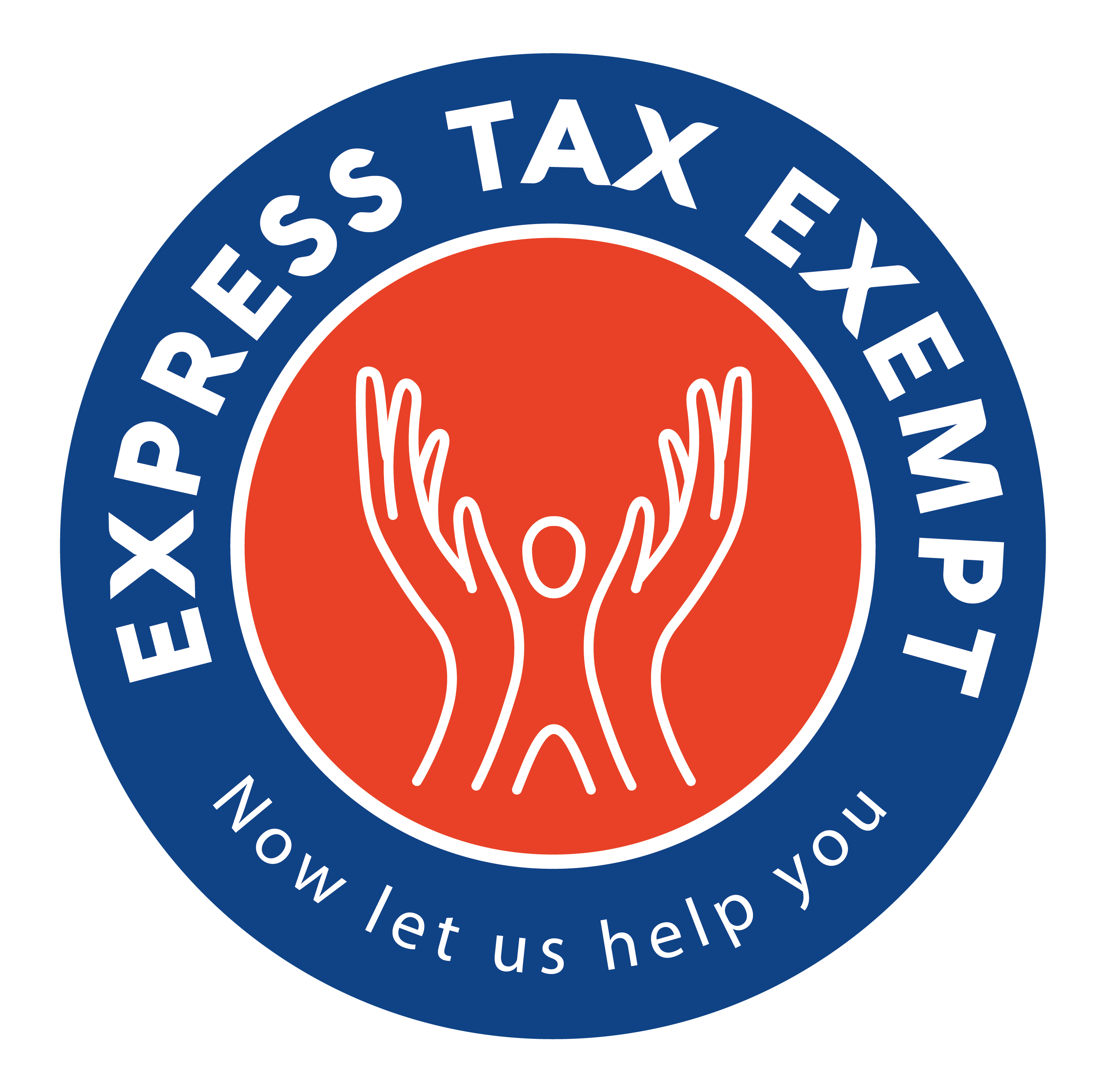How Schools Can Acquire 501(c)(3) Tax-Exempt Status
Exemption Status for Schools
Schools usually receive a tax identification number (TIN) from the IRS – this number works much like a regular social security number, so there isn’t any tax exemption implied with it. The IRS typically views public schools as government entities in which they are automatically exempt from federal income tax.
Even though schools are automatically tax-exempt, that doesn’t mean the IRS recognizes them as 501(c)(3) groups. Like many other organizations, schools must complete an application to receive 501(c)(3) status from the federal government. Any organization seeking exemption status has to file IRS Form 1023 – if approved, the IRS mails a “Determination Letter” that identifies the organization as a 501(c)(3) group.
You can ask your school’s principal whether or not it has 501(c)(3) status – the determination letter from the IRS is mostly likely filed in the school or district office.
Exemption Status for PTAs/PTOs
A PTA/PTO can operate independently from the school – in such cases, the PTA/PTO is not automatically tax-exempt and will need to file a 1023 form to apply. Conversely, if the PTA/PTO is storing its funds using the school’s tax identification number, then the organization is seen as an extension of the school.
Most parent-teacher groups use their school’s TIN thinking that it’s common; however, experts explain that as long as the organization’s money is not from an account using the school’s TIN, then their group classifies separate from the school. If it is separate, the PTA/PTO can register for its own tax identification number.
There are a few services available for PTAs/PTOs to automatically register as a 501(c)(3) tax-exempt organization without submitting a Form 1023 or paying any filing fees. These services can also assist with getting a federal TIN, state incorporation, and 990 returns for your group. After receiving 501(c)(3) status. Donors may ask for a copy of the determination letter – this letter ensures your organization is a federally recognized charity and that charitable contributions towards your PTA/PTO are tax deductible.
Why Apply for Section 501(c)(3) Status
Other than preventing income taxes imposed on revenue earned by your school or PTA/PTO, there are more benefits with receiving 501(c)(3) status. With an exemption status, you can request for an increased number of grants – public and private donors usually require tax-exempt status for funding which can bring in more money and resources for the school.
Organizations that are recognized as 501(c)(3) legally exist as separate entities. Key members and employees typically aren’t held directly responsible for debts from the organization though special circumstances may apply. And with any litigation event, courts can only access assets that belong directly to the organization – not from individual members.
The most common advantage is that purchases are exempt from state sales tax. Keep in mind that regulations may vary from state to state, so check with your nonprofit association for more information. And once your organization or school receives its tax-exempt status, remember to stay compliant with IRS rules and file your 990 form each year.



